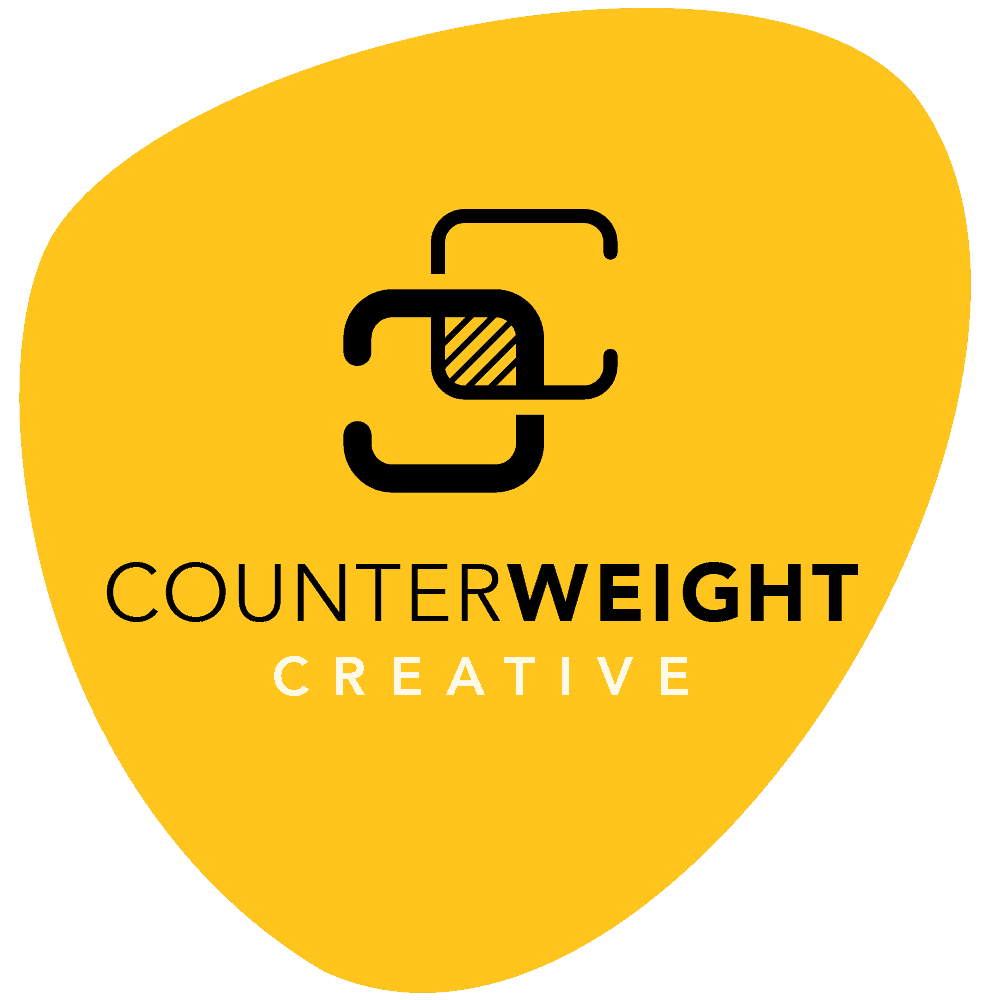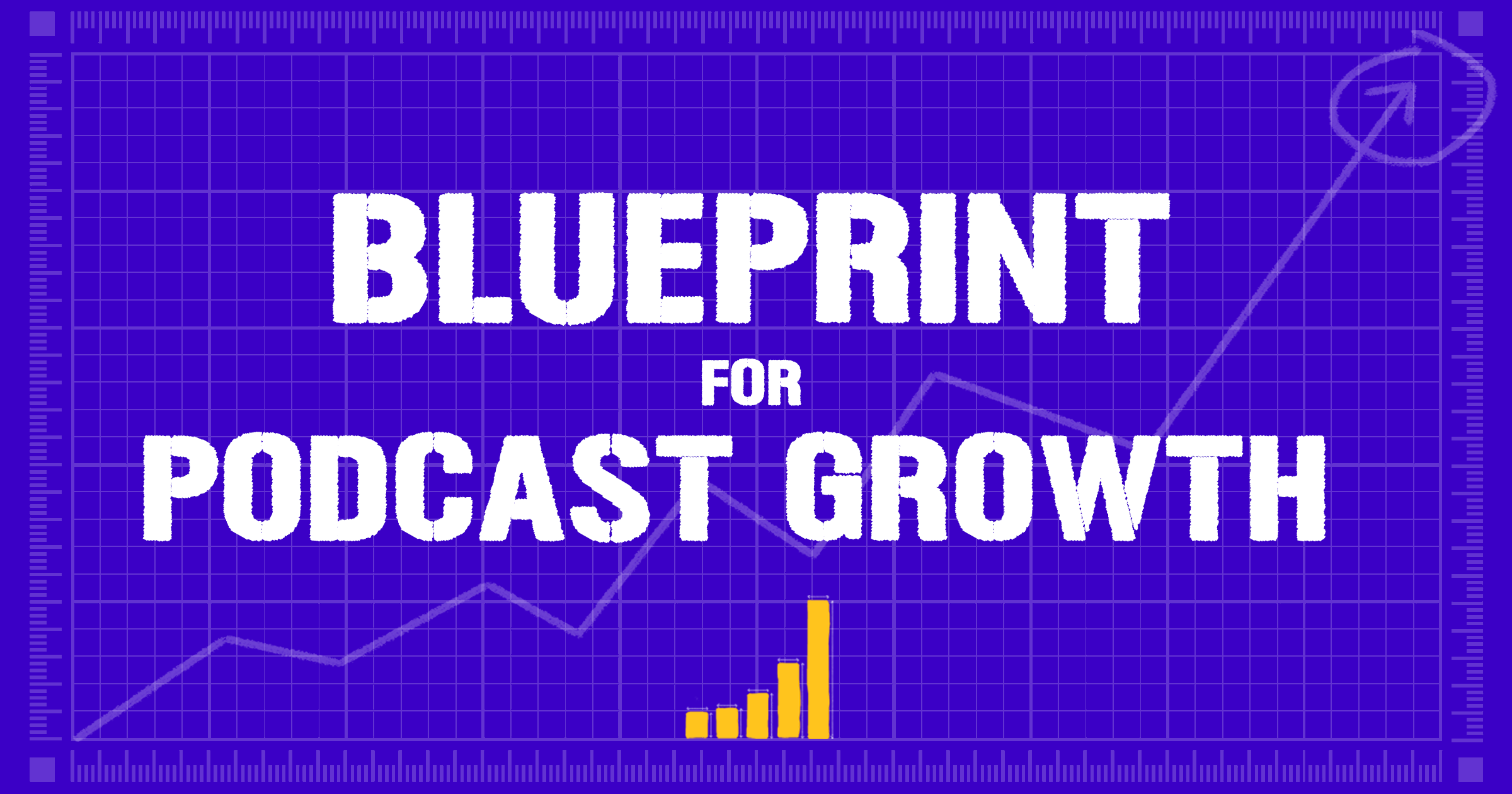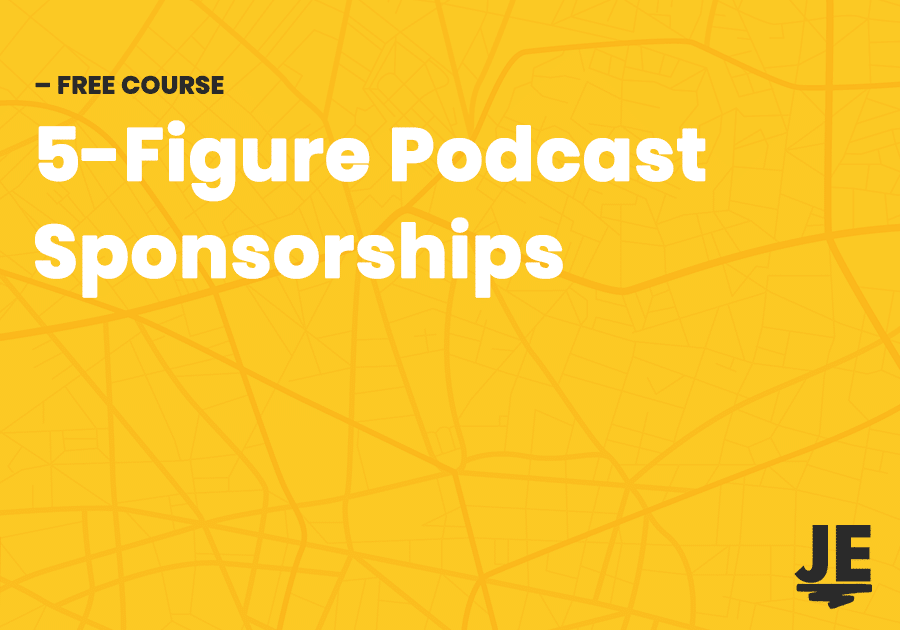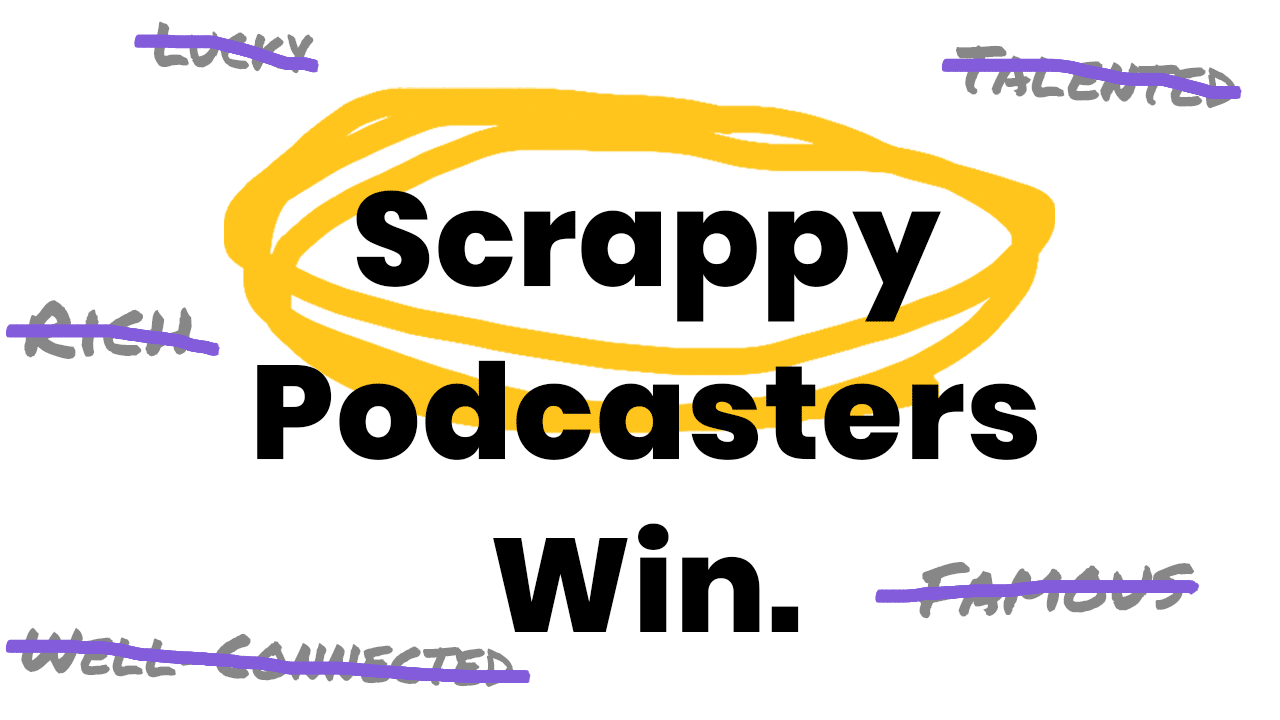I just want to throw this out there. I hear a lot of podcasters complain about not being able to gain traction and grow their listener base. Or if they already have a decent listener base they complain that they aren’t able to convert listeners into clients, consumers, or whatever it is they’re hoping to achieve through their podcast*.
* If you don’t know what you’re trying to achieve through your podcast you should probably check out last week’s article on setting milestones and metrics for your show.
You’ve probably heard many of the same complaints, and if you’re even slightly plugged into the podcasting community you know that this type of griping is ubiquitous.
Podcasting is exploding, and it’s easy to feel as though our shows are getting left behind as others rise to fame and fortune around us*.
* Ok, so the good news is you’re not getting left behind here, I don’t know many podcasters rising to legitimate fame and fortune…
It stings, and our initial reaction is to blame Apple and their iTunes algorithms, or Stitcher, or any of the other podcasting gatekeepers, or even blame listeners for not discovering and subscribing to our shows immediately. Don’t they know ours is the perfect show for them???
Here’s my problem with this mindset.
I get that it’s frustrating, and that we put a lot of work into our shows and it can take a long time for that work to pay off. But so often we’re quick to place the blame elsewhere, when we really need to be looking at our own approach to our shows and deconstruct them to find what’s missing the mark and keeping us from connecting with a strong base of listeners.
Whether we’re already struggling with this issue or if we’re in the midst of starting a new show, one of the most overlooked planning and strategy topics that needs to be addressed is gaining clarity on who we are fundamentally trying to connect with as listeners.
Who Is My Target Audience?
Too many podcasters start out with a vague – if any – idea of who their target listener is, favoring the “I’m just going to put out a great show and people will find it!” approach.*
* Spoiler alert, that rarely happens…
This approach is fine if your podcast is purely for fun, or an excuse for you to eat ice cream or something*. But if you’re one of the hordes of podcasters who hopes to someday reach a point where they can monetize their podcast and maybe even make a living off of it, that’s just not going to cut it.
* Yes, that’s the purpose of one of my podcasts…
In my experience, if you’d like to see you podcast function as a business someday, you need to approach it as one from the start. And like any business, that means researching and defining who is going to be “buying your product” so to speak.
Establishing Goals
The first step to defining your target audience is actually establishing what your own goals are for the podcast. Of course you want listeners, but what are you planning on mobilizing those listeners towards once you get them?
This might mean funneling them towards buying your eBook, course or some other kind of product, or maybe hiring you to work with them. There are a host of additional benefits to podcasting from a business perspective, but you need to define and prioritize your central goal first and foremost.
Once you have that target goal established, it’s time to ask yourself, “Who would be interested in what I’m offering, what obstacles stand in the way of them taking that action, and how am I uniquely positioned to help them move closer towards their goal?”
If you already have a product of some sort on offer you’ve probably done much of this work already. If not, you’re going to need to do it for any eventual products, so you might as well get it done for the podcast now.
Crafting Content For Your Target Audience
Ok, so I know that I set this post up talking about how understanding who your target listeners are is the crux of the discoverability/growth problem many of us face, and we’ve already gone over how to do that, aren’t we done here?
As it happens, we’re not.
That’s because this is something of a two part problem. You may very well be extremely clear on the central goal of your podcast, know who your target audience is, but be delivering content that isn’t in line with those goals.
Subtle differences in the content we cover on our shows can end up attracting the wrong audience for us, even if that audience is well within our niche. This is often the case if you have a decent sized listener base, but are struggling to convert listeners into customers or clients.
Hypothetical Case Study: The Wedding Photographer
Let’s say that I’m a wedding photographer and I’m looking to start a podcast.
I’ve established the goal of my podcast as attracting new clients to hire me to shoot their weddings.
I travel all over the world to shoot destination weddings, so my audience is not restricted by location. I also know that the couples I tend to work with are outdoorsy, adventurous types who hire me for my ability to convey their story and emotion through my images. They’re generally into camping, hiking, and traveling.
Awesome, sounds like I’m off to a good start! I’ve got my target goal, and my audience is defined.
I come to the conclusion that the best way to market myself through a podcast is share stories on the inspiration and techniques behind my favorite photos, set in some really cool locations. I figure that by doing so I’ll be able to convey my skill and technical ability as a photographer to any potential clients who are hopefully impressed enough that they’ll be interested in hiring me in the future.
Sounds like a solid plan right?
Except I launch the podcast, and rather than engaged couples, I start gaining other wedding photographers as listeners… What happened?
Despite knowing precisely who my target audience is, I misjudged what I could provide that that audience would find valuable. And as a result, I’ve attracted a completely different audience who does find my current podcast valuable, but which I’m not positioned to serve or monetize – at least not without a lot of additional work which I may or may not even be interested in doing.
Looking back at my target audience, I should have been able to see that my show concept may not have been the best option. My ideal clients hire me because of my ability to tell their story and capture emotion in my work, not because of the technical details or inspiration behind it.
So what should I have done instead?
Well, what inspires or helps my potential clients and how can I bring them that through a podcast?
Given my ideal clients taste for adventure and the outdoors, I might choose to use my engagement shoots as a vehicle to record mini audio documentaries with my couples. Particularly if we’ve decided to go on some sort of adventure to the location of the shoot.
Let’s say that we’re driving or hiking out to some wilderness area for the shoot. I could use the drive to interview the couple and extract some of their story and personalities, and then capture some audio during the shoot to highlight how I interact with my clients and get the images.
As someone who’s done some wedding and engagement photography in the past, I know the connection and relationship that can develop between a photographer and a couple. There are funny moments that come up during the shoot, as well as some seriously meaningful and touching ones.
If I’m looking to attract wedding photography clients, this is the side of my work they want to see. The story behind the shoot, my personality and the connection I form with my clients, the fun we have together.
Sure it’s not the easiest podcast to put together, but it sounds pretty damn intriguing if you ask me, and it sounds like a surefire way for potential clients to get to know me and start forming a connection with me and how I work that would be hard to replicate through my website and portfolio alone.
How To Get Clear On The Content-Audience Relationship
The lesson of the above scenario is that often we as the experts and content producers are not in the best position to judge what our target audience actually wants from us, or how we are best positioned to serve them.
The answer?
Go find them and talk with them! I’m sure you know a few people or at the very least have friends of friends who fall into your target audience. Get in touch with them and ask them what they would be interested in learning from someone like you, an expert in your niche.
Alternatively, you could come up with a few show concepts and “pitch” the different show concepts to these people. See which one gets the best response and run with it. Remeber, you can always pivot later if it’s not working.
Tapping Into Your Audience Where They Already Are
Once you’re clear on who your target audience is and are confident that you have a show that they’ll be interested in, it’s time to actually get that show into their ears.
Of course, you’ll do all your keywording in iTunes and other podcasting platforms when you get it up online, but that’s only the tip of the iceberg. Again, sitting back and waiting for your audience to find you is not a valid option for growing your show.
The best option I’ve found is to tap into existing communities where the people you’re targeting gather. This could be Facebook groups* or other online communities, in person meetup groups, or maybe best of all, an existing audience of another podcaster, blogger, or content producer operating in a similar space.
* Please don’t post in “podcast discovery groups”. No one is there to actually find new shows, at least not in the numbers that will make it worth your while. Look for groups that specifically foucs on your niche that are non-podcast related.
Think about what you can offer this person or brand and how you might exchange something of value to them in return for some exposure on their platform.
This is not necessarily an easy task. It’s going to require time, work and creativity, but the benefits can be huge, not only in an influx of listeners to your show, but in the relationships you form with other influencers. Ultimately, it’s my belief that success at any pursuit maybe more than anything else boils down to relationships. And podcasting is no different.
Have you struggled with connecting with the right audience and growing your podcast? Have you had any ‘aha’ moments after switching up your formatting or promotion that might help other podcasters? Let us know in the comments!
- Why Wouldn’t They Just Google It? - March 14, 2021
- Before You Can Market Your Podcast, You Need To Create A Marketable Podcast - March 11, 2021
- Podcast Promotion & Marketing Are Different (Here’s How to Use Each Effectively) - March 10, 2021




